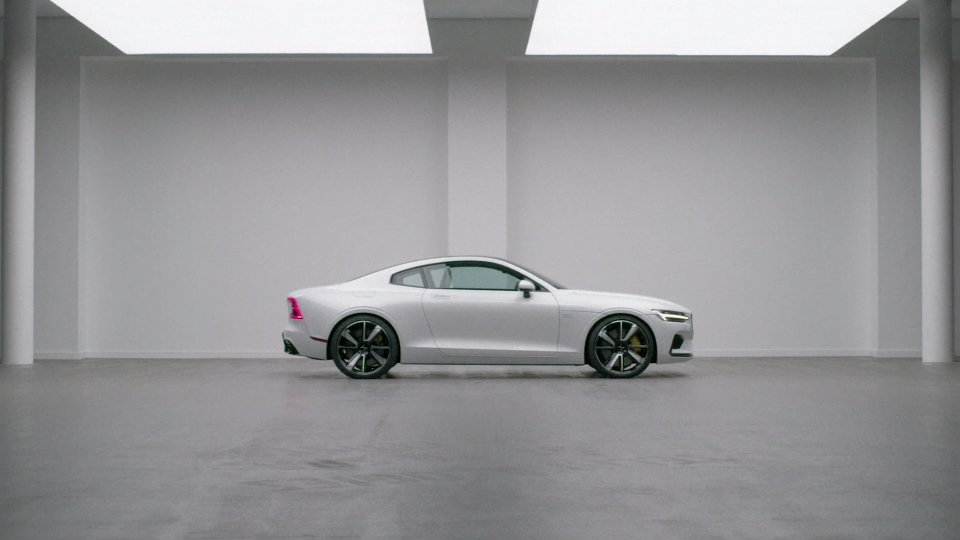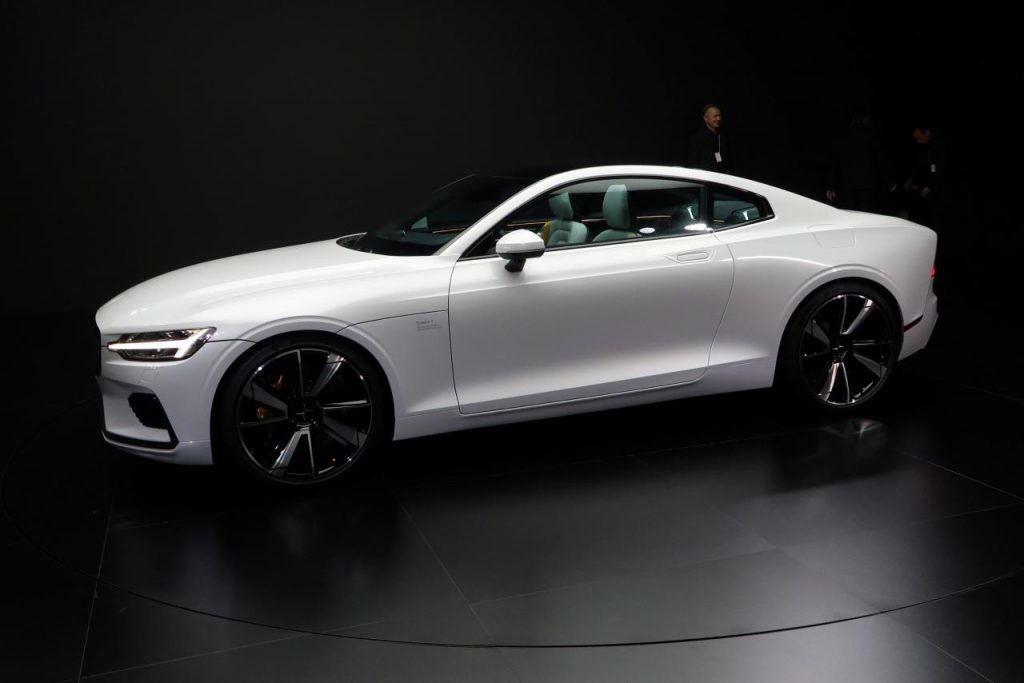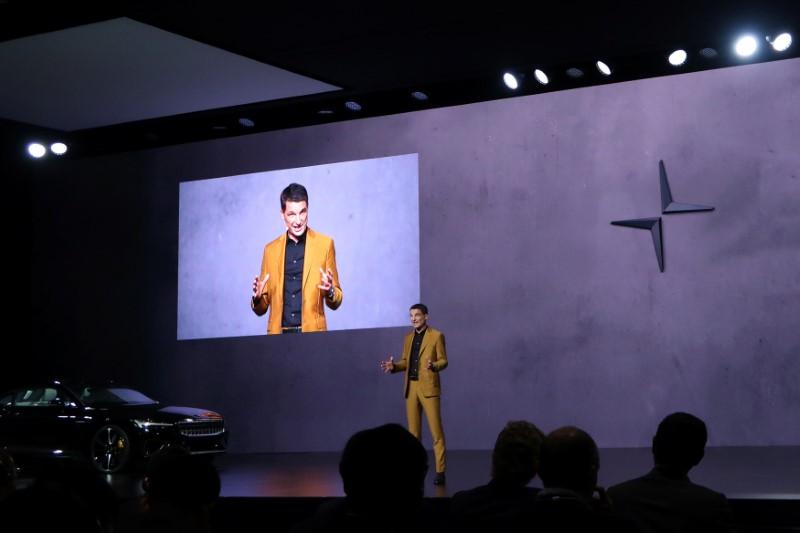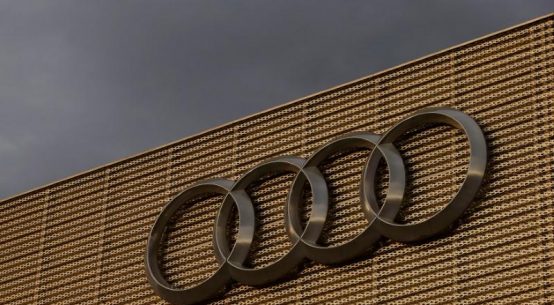
Volvo Cars and its Chinese parent unveil their first Polestar model and plan to invest $760 million in the electric vehicle brand. Laura Frykberg reports.
SHANGHAI (Reuters) – Volvo Cars and its Chinese parent have unveiled their first Polestar high-performance electric car and pledged to invest 5 billion yuan ($760 million) in the brand, gearing up for intense competition to sell greener cars in the world’s biggest auto market.
The Swedish car maker took the wraps off the “Polestar 1”, a luxury four-seater hybrid coupe in a ceremony in Shanghai – its first salvo as it positions the brand as a competitor to Tesla Inc) and Mercedes’s AMG division.
China has said it wants electric and plug-in hybrid cars to make up at least a fifth of Chinese auto sales by 2025, spurring a raft of investment plans from global automakers in electric vehicles, particularly new joint ventures with Chinese firms.
The Polestar 1 – with a nominal price tag of 130,000 euros to 150,000 euros ($153,000-$176,000) – will go into production in the western Chinese city of Chengdu in mid-2019. Close behind will be the smaller, fully electric Polestar 2, that would compete more directly with the Tesla 3, and an SUV Polestar 3.
Volvo, owned by Zhejiang Geely Holding, bought Polestar in 2015 and relaunched the brand as a stand-alone electric car business in June this year.
Volvo’s chief executive Hakan Samuelsson said there was a huge demand for premium electric cars in China, but added a lot of others players were moving into the market, raising competition.
“In electric high-performance cars there are a lot of companies now in this start-up arena, so we will have company,” he said in Shanghai.

The Polestar 1 will be produced in “lower volume”, but the subsequent models will be “mass produced” and all will be sold online via a subscription model involving monthly payments.
China has set strict quotas for electric and hybrid vehicles that carmakers need to hit by 2019 and has begun looking at an eventual ban on the production and sale of cars using fossil fuels.

Samuelsson said China’s aggressive push towards electric vehicles was positive, though he disagreed with the prescriptive nature of the quota system. He added the government would need to work cooperatively with carmakers to make the shift work.
FOLLOW US ON FACEBOOK FOR MORE LOGISTICS NEWS
“You cannot do this alone. We cannot build up (for example) the charging infrastructure in China; developing the tech, the politicians can’t do either,” he said.
Volvo has said that all its car models launched after 2019 will be electric or hybrids, making it the first major traditional carmaker to set a date for phasing out vehicles powered solely by the internal combustion engine.








